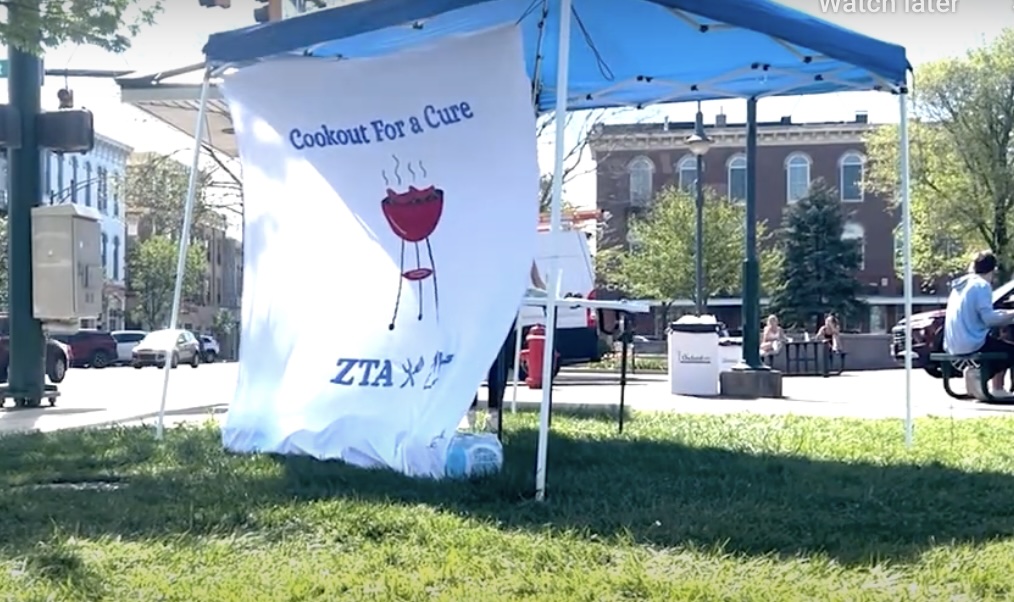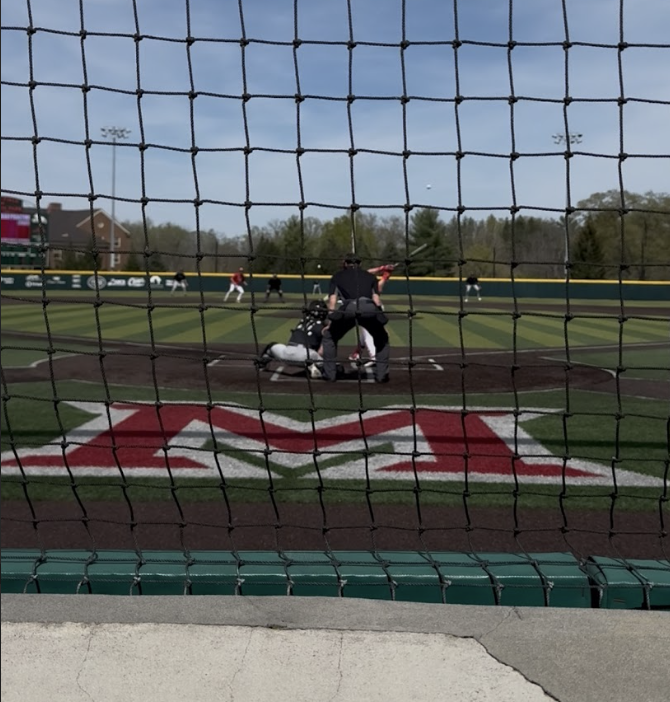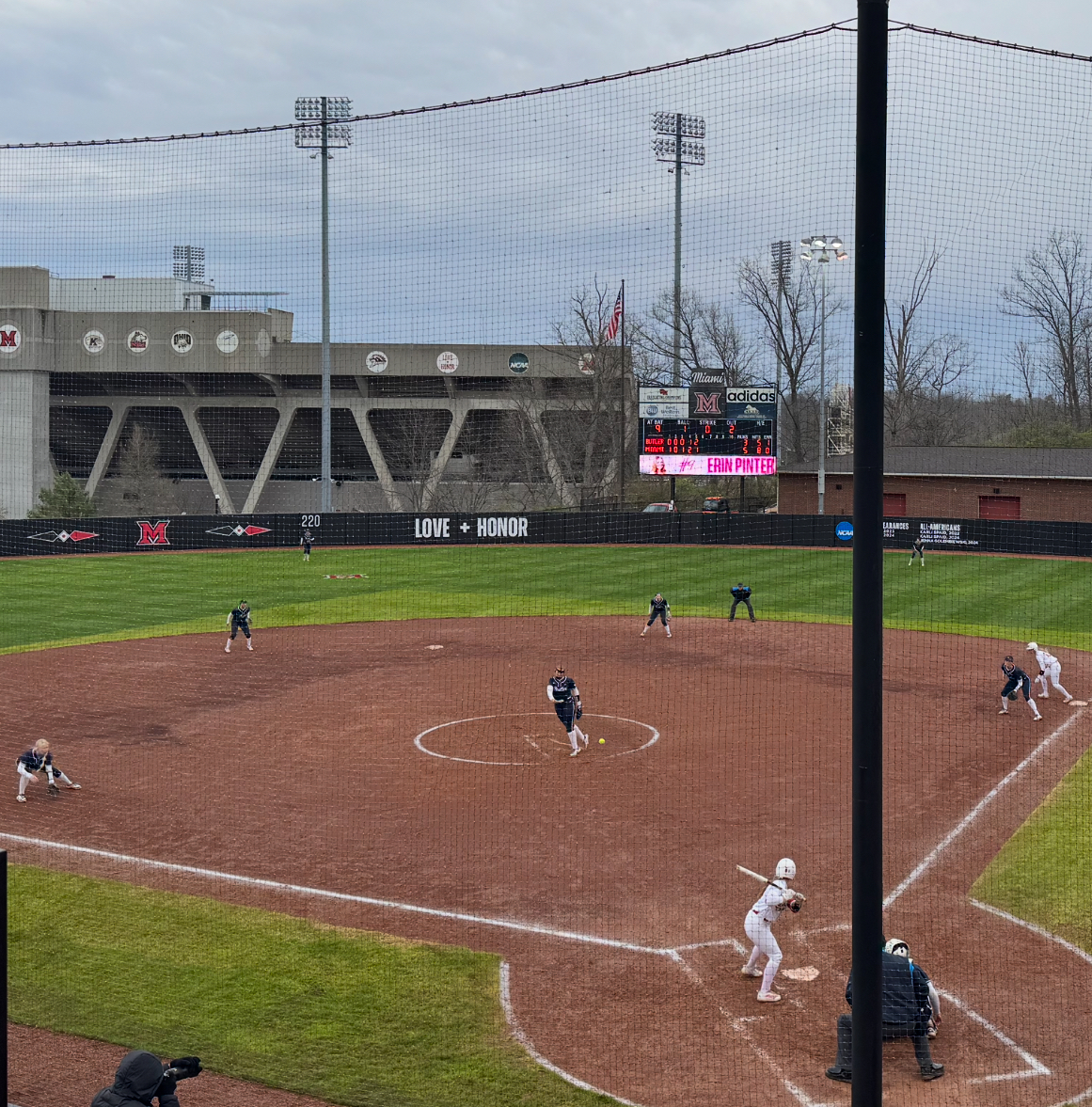A proposed amendment to Miami University’s Student Code of Conduct would lift a ban on carrying chemical irritant spray for self-defense.
“Miami University is currently in the process of amending its weapons policy when it comes to carrying chemical self-defense spray,” said Claire Wagner, the university’s director of news and public information.
The amendment would change the policy to allow possession of self-defense chemical spray for personal safety. However, in the case of its misuse, there will be consequences that have yet to be determined by the school, Wagner said.
Miami students are required to agree to the school’s code of conduct when they enroll. The code includes general rules, prohibited conduct, sanctions, procedures and appeals. As currently written, it prohibits “possession or use of a dangerous weapon, device or substance including firearms, explosive devices, dangerous chemicals, knives, fireworks, compressed air guns, pellet guns, stun or zip guns, Tasers, BB guns, and paintball guns unless authorized by the Miami University Police Department even if otherwise permitted by law.”
Until now, self-defense sprays have been counted as “dangerous chemicals,” and often confiscated when discovered by campus security or housing personnel.
Chemical self-defense spray comes in different forms. One of the most commonly known is Mace. Mace is a specific brand of aerosol pepper spray. It comes in different containers and can be bought online or in stores. It is meant to be used for self-defense against attacks by people or animals. While such products come in different containers, the use of them is common across all brands. Mace, for example, is handheld with a safety cap you flip up with your thumb. Then to shoot the spray you push down with the same finger you used to lift the cap.
The prohibition of such products in the student code of conduct left open the question of how students should protect themselves if attacked. Miami University reported 23 sexual assaults on campus in 2017 and 25 sexual assaults on campus in 2016, according to Miami University Campus Security Act Reporting 2015-2017.
The problem, according to the Miami University Police Department, isn’t just the possession of chemical spray, but the potential for its misuse. As of now the confiscation of these sprays depends on the situation. But the amendment to the code of conduct should eliminate the confusion, Wagner said.
A final decision on the proposal, currently under review by the vice president for student life, will be made by July 1, Wagner said.
Self-defense sprays are marketed to ward off attackers, but their use is not always a sure thing.
“The type of self-defense (a person should use) is completely dependent on the type of person,” said Oxford Police Lt. Lara Fening. “It depends on what you are capable of. If that means a self-defense spray then that is best if used responsibly.”
No prohibition against carrying a chemical self-defense spray exists off-campus in Oxford. However, self-defense spray can be counterproductive when it comes to personal safety. “If you spray it in the wind, or in a closed space, it can actually harm you and not the targeted attacker. It’s also a matter of how easily you are able to grab the spray because if it’s buried somewhere that will do you no good,” Fening said.







